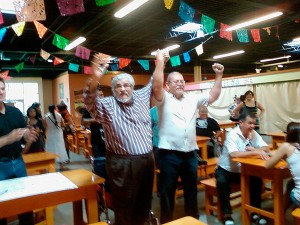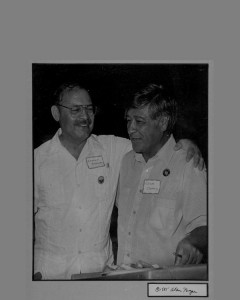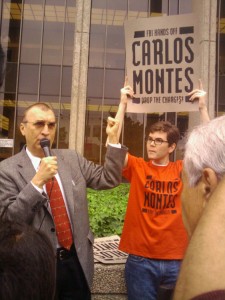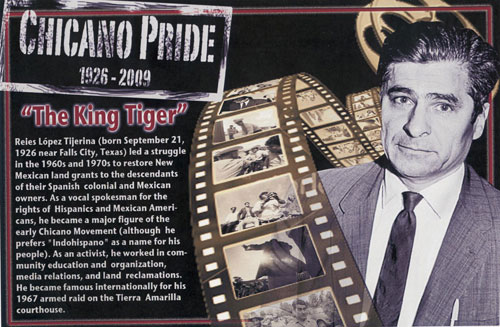Recognition for journalist Ruben Salazar is long overdue in his home town
|
EL PASO – Before taking a Chicano Studies class this semester, my knowledge of Ruben Salazar was pretty weak. I think most residents of El Paso are also uninformed about the success of the legendary Mexican-American journalist who was killed inside a bar in East Los Angeles during a Chicano anti-war demonstration in 1970.Should the city of El Paso be blamed for this lack of historical information about the prominent journalist, who was born in Ciudad Juárez and raised in El Paso?Why haven’t our city fathers taken time to recognize this ground-breaking native son who became a national and international correspondent for one of the nation’s most prestigious newspapers? Why aren’t any parks, public schools or other public spaces named after Salazar or other prominent El Pasoans? Here are a few others:
Marcelino Serna, immigrated to El Paso illegally in 1916 at age 20, became a decorated solider during the first World War. Another nationally recognized figure, Sandra Day O’Connor, was born in El Paso and graduated from Austin High School.




